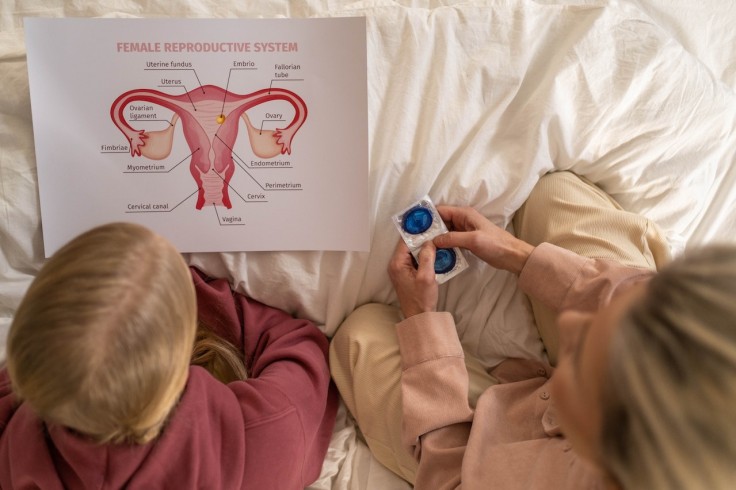
There are parents who are currently dissatisfied with their children's public school offerings on sex education. Thus, they are taking their kids' sex ed into their own hands by starting private learning groups.
Maura Keany recalls that her oldest son was already in fifth grade, and yet still haven't received any form of sex education at his public school. This made her and her husband worry especially more so with the limitations schools have in terms of sex ed resources. They knew their son was "unlikely to get a comprehensive debrief there."
It was at this point that they decided to take their son's sex education into their own hands.
Keany reached out to the parents of the other students in his son's class and invited them into their home where they will be meeting a consultant who would help them address their concerns and issues about discussing sex, sexuality, and gender expression with their children. This would be the start of setting up a series of sex education that is independent from their New York City school, Yahoo News reported.
Surprisingly, almost the whole grade in the said school joined the meeting and ended up taking the series.
Private learning groups
The group of parents turned to Alexis Bleich, a mother, a former classroom teacher and school counselor, and now a therapist to lead the classes, which were sometimes co-ed, and other times with single gender, depending on the topic. Parents were taking turns to host the meet ups.
Keany said that there was a lot of excitement and energy during the classes, and this is because parents have realized how sex ed is so crucial to their children.
Soccer lessons and music classes, to which they spend a lot of money for, are far less likely to be used when the kids grow up as compared to sex education. On a practical level, parents said that their kids are likely to engage in sexual activity when they grow up, and if they choose that path, they want them to have a "really good base understanding."
She further stated that the class they had was filled and complete with what parents want their kids to be aware of.
"I felt like it was important to make sure that my boys understood about periods and menstruation, and I think it's important for girls to understand about wet dreams. I thought it was important for them to kind of understand that in a way that was direct and not shameful, not in a way that was, like, secretive, or in a way that seemed to qualify things as good, bad, normal or abnormal. And I thought it was equally important that sexuality and gender be placed in that same realm as 'it's all good, it's all normal, "Keany explained.
Puberty, sexuality and intercourse was also taught in a "nuanced, inclusive and "non-judgmental" manner." Moreover, consent, which was at the top of Keany's must-have topics, and which is required to be part of sex ed curriculum in only 13 states as per the the advocacy group Sexuality Information and Education Council of the United States (SIECUS) was efficiently discussed.
Read Also: Sex Education 101: When and How to Discuss the Topic
Why is sex ed important?
According to Guttmacher Institute data there are only 39 states plus Washington, D.C., as of June 2022, that mandate sex education, HIV education or both. Standards of sex education differs by state, with some having zero curriculum requirements in schools.
Moreover, HIV and STI education only focus on concepts like pregnancy prevention and risk reduction, unlike sex education, and schools and parents need to be reminded that sexuality is part of life is so many ways, especially when it comes to "being inclusive to diverse people, families and experiences," Michelle Slaybaugh, director of social impact and strategic communications at SIECUS expressed.
She further stated that sex education is giving teens the tools to make right decisions and choices about their bodies and lives that best suit them as individuals.
A research on comprehensive sex education revealed that "comprehensive, culturally responsive and inclusive sex education programs" help hinder violence from intimate and allow young people to develop healthy relationships.
Moreover, these programs have also shown reduced rates of sexual activity and risk behaviors, adolescent pregnancy and sexually transmitted infections.
Unfortunately, the quality of sex education children receive, provided that sex ed curriculum is available, in public schools depends on the state and district the family lives in. There are no current federal guidelines for sex ed, and currently only 18 states mandates program contents to be medically accurate. This is according to Guttmacher Institute, a research and policy organization focused on sexual health and reproductive rights.
Slaybaugh warned schools and parents saying that the young generation have access to the internet, and if they are not provided with instructions that are not medically accurate and age-appropriate, parents and educators are leaving it to chance for these kids to find something on the internet, like porn. The danger lies on these kids believing that what they see is what sex and sexuality is.
Related Article: 3 Countries With The Best Sex Education Programs In The World